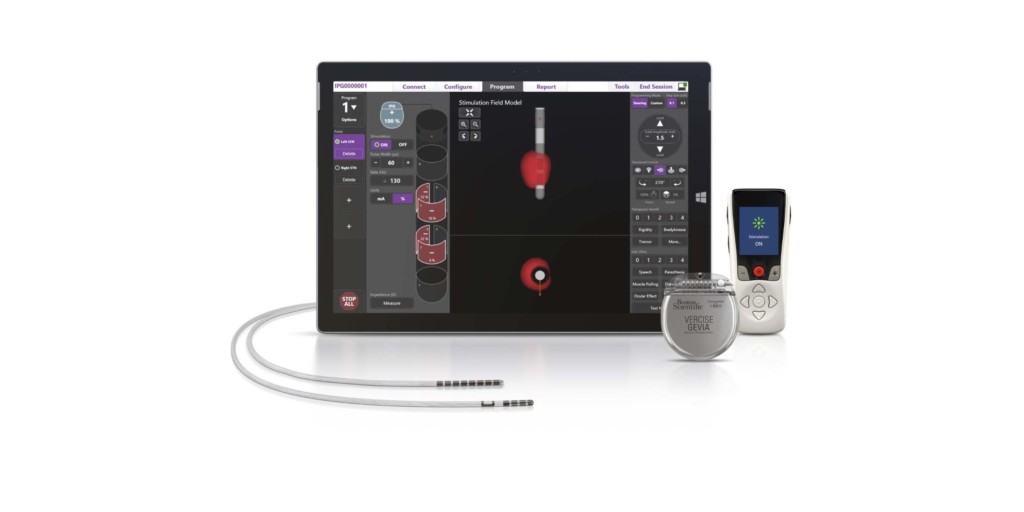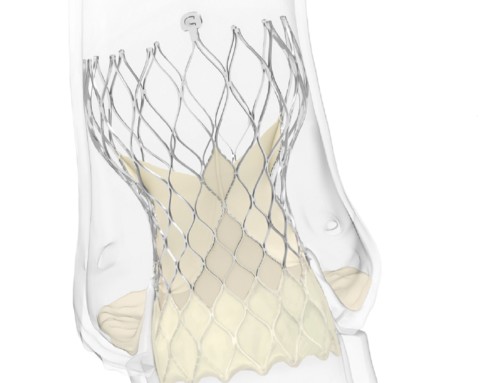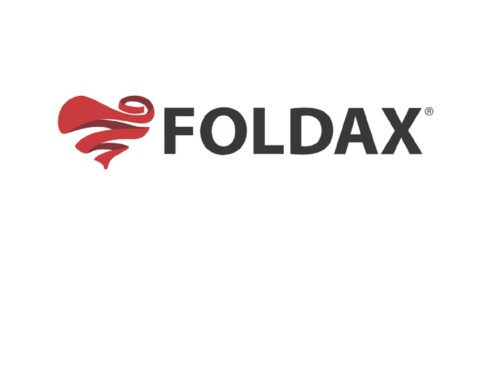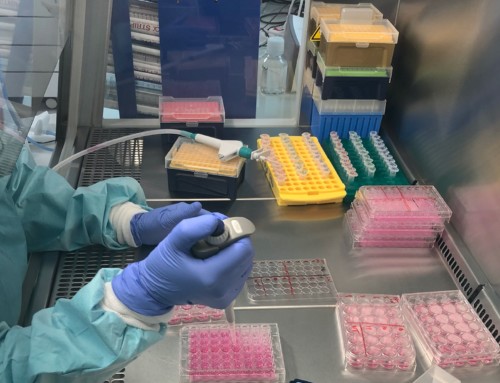
Vercise Gevia
Boston Scientific has announced the FDA approval of its ImageReady MRI labelling for the Vercise Gevia deep brain stimulation (DBS) system to be used in a full-body magnetic resonance imaging (MRI) environment. This system, with the Vercise Cartesia directional lead, is designed to treat the symptoms of Parkinson’s disease by delivering precisely targeted electrical stimulation in the brain to provide optimal symptom relief and better control of unwanted side effects.
This FDA approval allows patients with the Vercise Gevia deep brain stimulation system to undergo a full-body MRI. A press release reports that clinical evidence from the INTREPID study demonstrated that patients treated with the Vercise System sustained a 48% improvement in motor function as measured by the Unified Parkinson’s Disease Rating Scale (UPDRS) III scores over two years, which is favourable to previous published reports (25%, Follett, 2010).
Robert Gross (Emory University, Atlanta, USA) says: “When evaluating which DBS system is best for each of my patients, I always consider the immediate and long term needs my patient might have so that we can effectively address a patient’s therapeutic needs even as their disease progresses. Customisable therapy, battery life, the size of the device, and access to MRI are factors patients should talk to their doctor about when they are considering deep brain stimulation.”
Maulik Nanavaty, senior vice president and president, Neuromodulation, Boston Scientific, comments: “Boston Scientific continually strives to deliver new solutions that advance the field of neuromodulation and most importantly, result in better outcomes for our patients around the world.”
The Vercise Gevia with Cartesia directional lead was approved by the FDA in January 2019, following the first-generation Vercise DBS system approval in December 2017. The ImageReady MRI Vercise Gevia System has also been commercially available in the European market since 2017.





